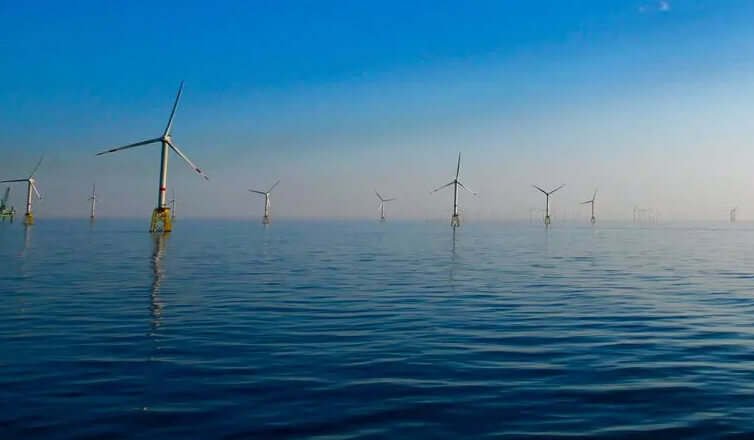SouthCoast Wind Loses Court Appeal to Block BOEM Review of Permits

The offshore wind energy sector in the U.S. suffered another setback on Tuesday, November 4, as part of the efforts of the Trump administration to derail future projects. The U.S. District Court for the District of Columbia granted a federal motion that clears the way for the Bureau of Ocean Energy Management to review the approvals and permits issued to the project during the Biden administration.
District Judge Tanya Chutkan filed a five-page opinion and order in the suit seeking to challenge the permits for the SouthCoast Wind project off Massachusetts. The opinion cites the Secretary of the Interior’s “broad discretion” under the Outer Continental Shelf Lands Act and, in so doing finds BOEM has the authority to review the previously granted approvals.
Chutkan writes that there was a lack of evidence that SouthCoast Wind, a project being developed by EDP Renewables and ENGIE, “will suffer significant and immediate hardship during a stay.” The decision sides with the federal government, which asked for the stay in a suit filed by the Town and County of Nantucket, Massachusetts, challenging the approvals. The federal government asked for the stay in that case on the grounds of “judicial economy.”
Nantucket has repeatedly filed cases against the project, challenging the licensing process and the decision by the Biden-era BOEM and Department of the Interior. The project, which was then known as Mayflower Wind, won its lease in a December 2018 auction. After years of review, the Construction and Operation plan was approved in December 2024, and the permits were granted in January 2025, calling for the construction of up to 141 wind turbine generators and up to five offshore substation platforms with the potential to generate up to 2,400 MW. It would be located about 26 nautical miles south of Martha’s Vineyard and 20 nm south of Nantucket, Massachusetts.
In March 2025, Nantucket filed yet another case against BOEM and SouthCoast to challenge the permits. The decision handed down today stays that case while BOEM reviews the approval of the Construction and Operations Plan. However, Chutkan also instructs that on or before January 3, 2026, the court must receive a joint status report on BOEM’s review and every 60 days thereafter. Also, within 30 days of the final decision, another report has to be submitted to the court.
BOEM contends it is acting in compliance with the order issued by Donald Trump, hours after he was sworn in as president, to pause offshore wind projects and review the process. In its filing calling for the stay in the Nantucket case, BOEM and the Department of the Interior allege that the Environmental Impact Statement may have “understated or obfuscated impacts that could have subsequently been improperly weighted.”
The developer had argued that it was proceeding with the preparation for the project based on the approvals granted and the belief that the U.S. would honor its obligation. It says it has invested over $600 million in the project, and the stay and review “implicates various contracts and commitments made in reliance on the lawful issuance of project approvals, project financing, and recent Congressional action to set firm deadlines on environmental reviews.”
The first phase of SouthCoast wind was selected by Massachusetts and Rhode Island. The company has been negotiating its power agreements and faces state deadlines that it said could be jeopardized.

that matters most
Get the latest maritime news delivered to your inbox daily.
The federal government has sought similar stays in other cases pending over the approval of offshore wind permits by the Biden administration. It has made similar arguments that the individual cases should not proceed because of its plans to review the approvals granted by its predecessors.
Interior Secretary Doug Burgum has said several times that the administration will end the offshore wind energy industry, while Trump has ordered multiple agencies to work together to draft plans to stop offshore wind. Recently, Health and Human Services (HHS) Secretary Robert F. Kennedy Jr. directed the federal Centers for Disease Control and Prevention to investigate potential health and safety hazards from offshore wind turbines.
